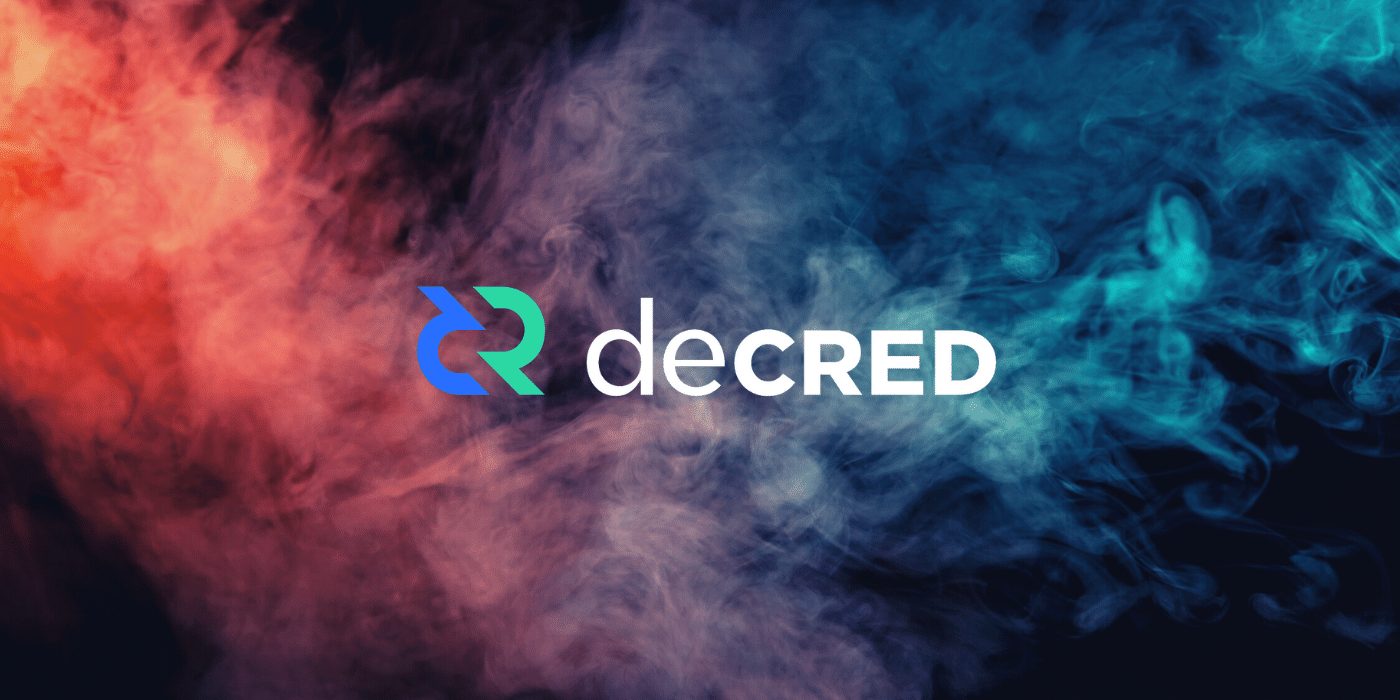Under-the-radar altcoin Decred (DCR) has defied the odds by soaring 45 percent in less than a day as the overall crypto market saw only red.
As most digital assets have undergone downward price action, DCR has confounded market conditions. The upsurge in price is mostly due to the protocol moving from a proof-of-work (PoW) to a proof-of-stake (PoS) consensus mechanism.
When blocks are mined on the DCR, a portion of the fees goes to PoW miners while the stake voters also get a cut. A third, smaller portion goes to a Project Treasury fund, which is used to develop the protocol. But recently the community voted to change its current model.
PoS to Weed Out Malicious Actors
The community voted on a proposal to reduce the PoW mining rewards from 60 percent down to 10 percent in order to defend against “malicious miners” with a history of price manipulation. The community also agreed to raise the rewards for Decred’s PoS validators from 30 percent to 80 percent, suggesting that consensus wants to move away from PoW to PoS.
This simply means that Decred users would be incentivised for locking up their DCR for a certain amount of time, thereby reducing their active supply from the market, which could bolster the price:
Jake Yocom-Piatt, project lead for Decred, tweeted the motivation behind the update:
A hidden risk we found with Decred’s PoW is that a malicious mining cartel can, instead of selling at market prices, accumulate a vast inventory of coins, which can then be wielded as a weapon against positive price action. While this risk has been exposed specifically with Decred, a similar strategy has likely been applied for every notable majority-PoW coin. People who care about PoW and its fairness should be aware of this hidden risk.
Jake Yocom-Piatt, project lead, Decred
Many Protocols Move to PoS
Protocols that have announced a move to a PoS consensus have subsequently surged in value. Last year, Zcash soared 30 percent when it announced its move to PoS. Ethereum also recently flagged a move to PoS but its so-called ‘Merge’ has been delayed until Q3 of 2022.

